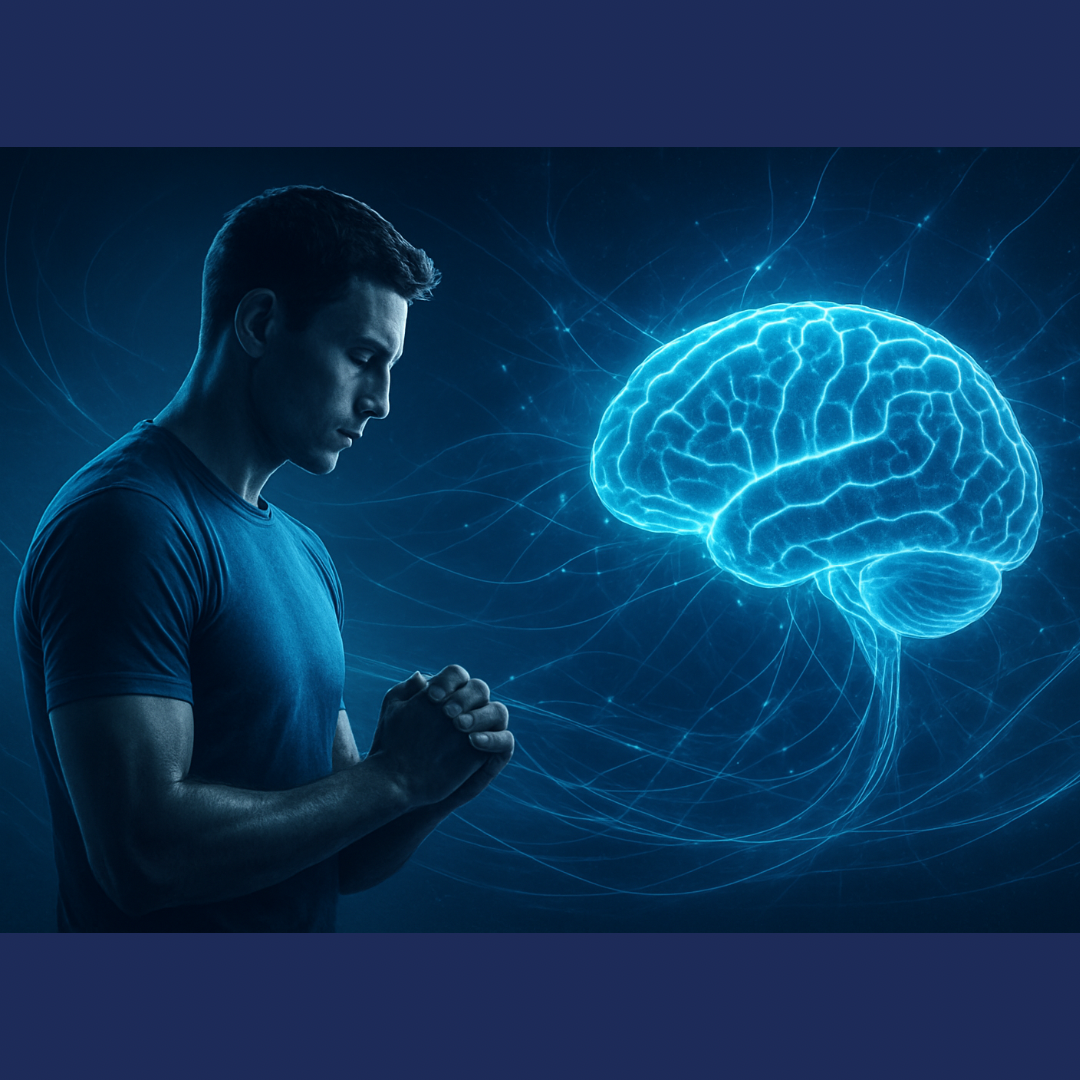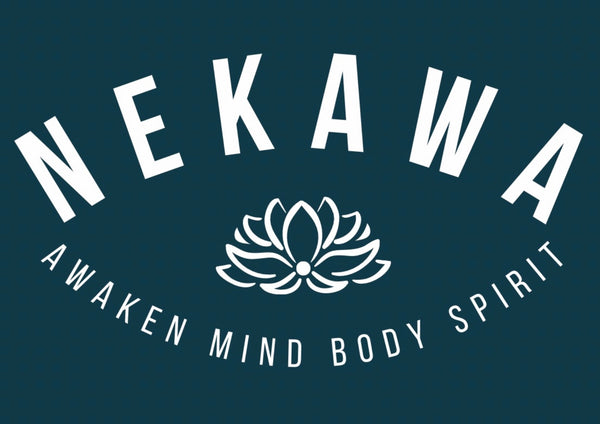
Sports Hypnosis vs. Sports Psychology: Two Pathways to a High-Performance Mindset
Share
In elite sport, the difference between good and great often comes down to what happens inside the mind. Both sports psychology and sports hypnosis play a crucial role in mental performance, but they work in different and yet complementary ways. Understanding the distinction helps athletes and coaches make the most of each approach to unlock peak performance.
Sports psychology traditionally focuses on conscious strategies: developing routines, goal-setting, positive self-talk and mental skills training. It works with the analytical, thinking part of the brain: the prefrontal cortex. This is the area that plans, reasons and applies structure. Athletes use these techniques to regulate emotions, manage pressure and sharpen focus. Over time, this conscious practice builds awareness and resilience.
Sports hypnosis, on the other hand, works with the subconscious mind: the part that runs habits, reactions and automatic responses under the surface. Through guided relaxation and focused attention, hypnosis quiets the critical, overthinking prefrontal cortex and accesses deeper areas of the brain such as the amygdala (where emotional responses are processed) and the motor cortex (which governs movement patterns). This creates a powerful bridge between thought, emotion and physical performance.
Rather than replacing sports psychology, hypnosis enhances it. It strengthens the neural pathways that athletes have consciously built, embedding new beliefs and imagery at a subconscious level. The result is faster integration, reduced internal resistance and performance that feels instinctive and effortless - especially under pressure.
One of the most common challenges athletes face is pre-performance nerves. Even when they know how to stay calm, their body sometimes tells a different story: heart racing, hands shaking, breath tightening. Sports hypnosis helps to re-train this automatic stress response. By influencing the amygdala and activating the parasympathetic nervous system, hypnosis teaches the body to associate competition with focus and readiness rather than anxiety. Over time, this shifts the default pattern so the athlete enters competition already composed and mentally primed.
Visualisation and mental rehearsal are another area where hypnosis can be especially effective. Neuroscience shows that the brain cannot distinguish between vividly imagined and real experiences. When an athlete rehearses a movement or scenario in hypnosis, the same neural circuits in the motor cortex, cerebellum and basal ganglia are activated as if performing physically. This repetition strengthens the neural connections that support precision, timing and confidence - without physical strain or fatigue. Hypnosis amplifies this process by creating a deeply focused mental state, allowing imagery to be absorbed more completely.
Confidence and consistency often separate the top performers from the rest. Hypnosis helps to identify and shift subconscious blocks that undermine belief - those quiet inner voices that say “I can’t,” “I’m not ready,” or “I don’t belong here.” By guiding the athlete into a relaxed state and using positive suggestion, these limiting beliefs are reprogrammed at the root. The prefrontal cortex then works in harmony with the deeper subconscious, aligning thought and action. This alignment produces a calm, automatic confidence that shows up in training and competition alike.
Many athletes also use sports hypnosis to overcome setbacks and rebuild a comeback mindset after injury. When physical recovery is complete, the mind can still hold traces of hesitation or fear of re-injury. Hypnosis allows the athlete to re-imprint positive movement imagery and emotional safety around performance, reducing tension and rebuilding trust in the body’s capability. It complements the work of physiotherapists, coaches and sports psychologists by addressing the mental and emotional dimensions of recovery.
Ultimately, both sports psychology and sports hypnosis share the same goal: helping athletes reach their potential. Psychology provides conscious understanding, structure and tools. Hypnosis embeds those tools at the subconscious level, transforming them into instinctive responses that hold under pressure. Together, they form a complete mental performance system and one that unites the science of thought with the art of flow.
If you’re an athlete or coach seeking to sharpen focus, calm nerves, and perform with greater ease and confidence, sports hypnosis may be the missing link in your high-performance toolkit. At Elite Mindset, sessions are designed to integrate both the conscious and subconscious elements of training, helping you build neural pathways for success and create lasting mindset change.
About the Author
Deb Pick is an approved practitioner of the Athletes Secret Weapon program and founder of Elite Mindset. Drawing on her experience working with elite athletes and high-performance thinkers, she helps individuals remove subconscious blocks, strengthen focus and perform at their true potential through advanced hypnosis and mindset training techniques. Click the link to find out more about her Elite Mindset program and coaching.
